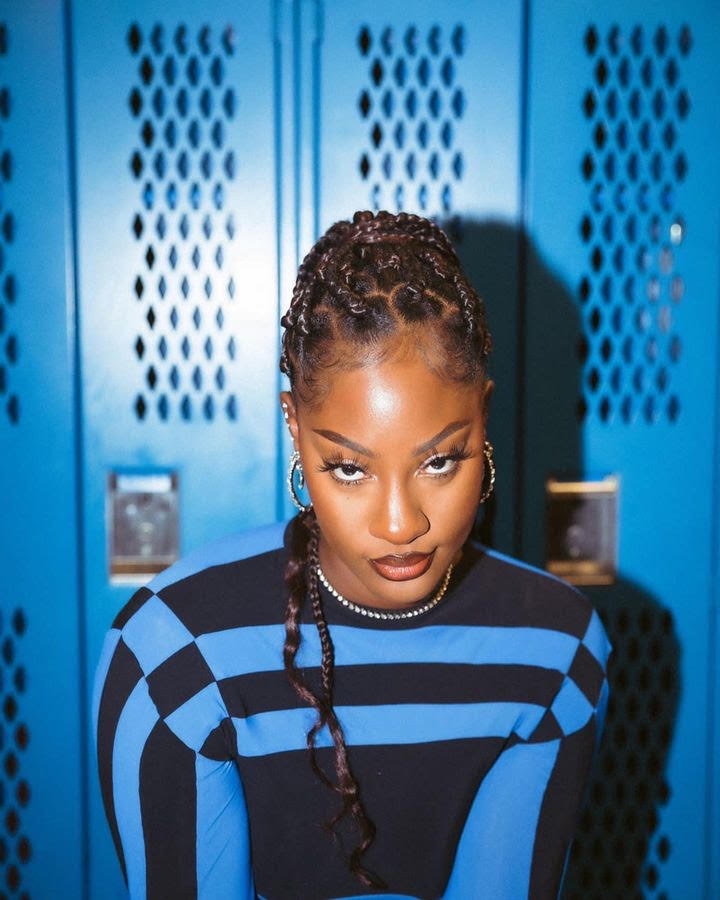Shuhei Yoshida, the former president of Sony Interactive Entertainment and current head of its Independent Developer Initiative, has outlined how he believes artificial intelligence (AI) will contribute to game development in the future.
READ MORE: Beyond human imagination: How AI is pushing the boundaries of entertainment
Speaking to The Guardian, Yoshida shared that while reviewing pitches for an indie game competition in Japan, he found a “small team of students” had used Midjourney – an AI art generation software — to create a game with “amazing beautiful graphics”.
“That is powerful, that a small number of young people can create an amazing looking game,” said Yoshida, who suggested that “in the future, AI could develop interesting animations, behaviours, even do debug for your program”.
“AI will change the nature of learning for game developers, but in the end development will be more efficient, and more beautiful things will be made by people,” added Yoshida.
“People might not even need to learn programming any more, if they have learned how to use these tools of the future. The creativity is more important, the direction, how you envision what you want.”
Though Yoshida is optimistic about artificial intelligence’s role in game development, it has been a controversial topic for the wider industry.
Last year, The Last Of Us voice actor Troy Baker apologised for partnering with a company that used AI to create NFTs of actors’ voices, after critics pointed out the technology could be used to put actors out of jobs.
Meanwhile, Squanch Games‘ 2022 shooter High On Life used Midjourney to create artwork for the game, sparking a debate on the ethics of AI in game development (via Forbes).
Looking ahead, Yoshida told The Guardian that just using AI will be a skill in itself, and “you really have to be able to use the tool well” to get it to work properly.
Last month, Yoshida was awarded a BAFTA Fellowship for his work within the games industry.
The post PlayStation’s Shuhei Yoshida says AI will create “more beautiful things” in gaming appeared first on NME.



